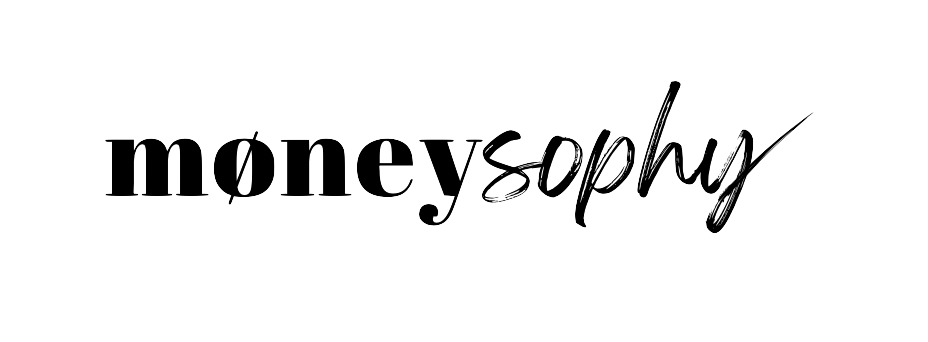Managing money is a form of self-care
Reading time: 4 minutes
For the longest time, I blamed my money problems on the belief that I didn’t have enough and just didn’t know about financial education.
You see, I didn’t learn how to manage my personal finances (despite my Bachelor’s in Economics), and my parents aren’t the investor type.
So I thought if I had more money, I could be more fulfilled.
If I knew more about financial literacy, I could invest more wisely.
Turns out I was wrong.
You don’t need to be rich to start investing—many financial markets allow you to begin with as little as $15.
Ironically, the more money I made, the more I wanted (the classic "grass is greener" syndrome).
I invested in health, in education and, in others, but I wasn’t ready to invest in myself or my mind.
I still remember back in 2019 when my best friend recommended her life coach to me, believing he could really help. I reached out for the first time, but when I saw his price, I thought it was too expensive, so I politely declined his offer.
Too expensive? That was what I valued my life and my future.
At that time, I didn’t see the value in investing in myself. I preferred to spend that money on others, on material possessions, or just traveling.
But fast forward a year later—something shifted in me. I started to realise that not investing in myself was holding me back. I was missing opportunities for growth and fulfilment.
Eventually, I decided to take the plunge. I reached out to that life coach again, and it turned out to be one of the best decisions I ever made.
The Opportunity Cost of Not Investing
Have you wondered what’s the price you’re paying when you’re not investing your money, or in yourself?
The cost for not investing in yourself is the same as when you’re not investing your money: you loose every year.
$1,000 today is worth half in 24 years (with a 3% inflation rate)
In the graph, $1,000 today will be worth only about half in 24 years, due to the time value of money.
When you don’t invest, you’re not just failing to generate growth with compound interest; you’re actually losing money every year.
Simply put, $1 dollar today is worth less tomorrow.
This is what might happen at a personal level too if you don’t invest in yourself.
First, know your worth
One of my clients, Adele, who came to me initially because she couldn’t manage her debt anymore. The reason for her debt was not just shopping frantically for personal clothing; she was overly generous toward her partner and her friends.
She wasn't used to prioritising herself or allowing herself to invest in her own well-being.
She was okay with paying for an overrated gym membership with a two-year commitment, even though she only goes there once or twice a week, but she wasn’t willing to invest in herself beyond physical health.
She thought she was in control of her money (she’s a doctor), but she realised that money was, in fact, controlling her life.
Adele took a step back and realised the real issue wasn’t the money, but the value she placed on herself.
To invest in yourself, you’ve got to feel like you deserve it and believe that it’s worth it - that YOU are worth it.
The more you invest in yourself, the more your confidence grows, as well as your self-esteem.
Second, invest in yourself
When I first met Adele, she was very hesitant - like me back in 2019. Seven months later, she texted me out of nowhere: “I’m ready, let’s do it!”
I hadn’t heard from Adele for so many months. After our first conversation, she decided to see a therapist to resolve some unfinished childhood issues, and her therapist actually recommended that she works with a money coach.
Fast forward one year, building financial confidence has not only helped Adele face her bank account, but it has also allowed her to:
Talk about money openly to her friends, her colleagues, her family
Restore an equitable relationship with her boyfriend (paying in proportion to their incomes instead of a 50-50 split)
Understand what her banker was doing with her money (and stop paying horrendous interest rates because of her debt)
Protect herself from inflation (see graph!)
Negotiate her income with her boss
Plan for retirement
The best time to plant a tree was 20 years ago. The next best time is today.
— Chinese proverb
Like Adele, you can also re-align your life with your finances: you can take control of your money!
Whether you’re 27 years old or 59 years old, a parent, entrepreneur, employee, in a relationship, or single, from a big city or a small town, you can start now.
If you don’t have time to invest in yourself, I highly encourage you to take the time to give yourself this gift: find time for yourself and your future.
After all, this investment is the only one that can guarantee a positive return for life.
When was the last time you invested in yourself?
Build your financial confidence to take action and find the time no matter what.
Sophie


